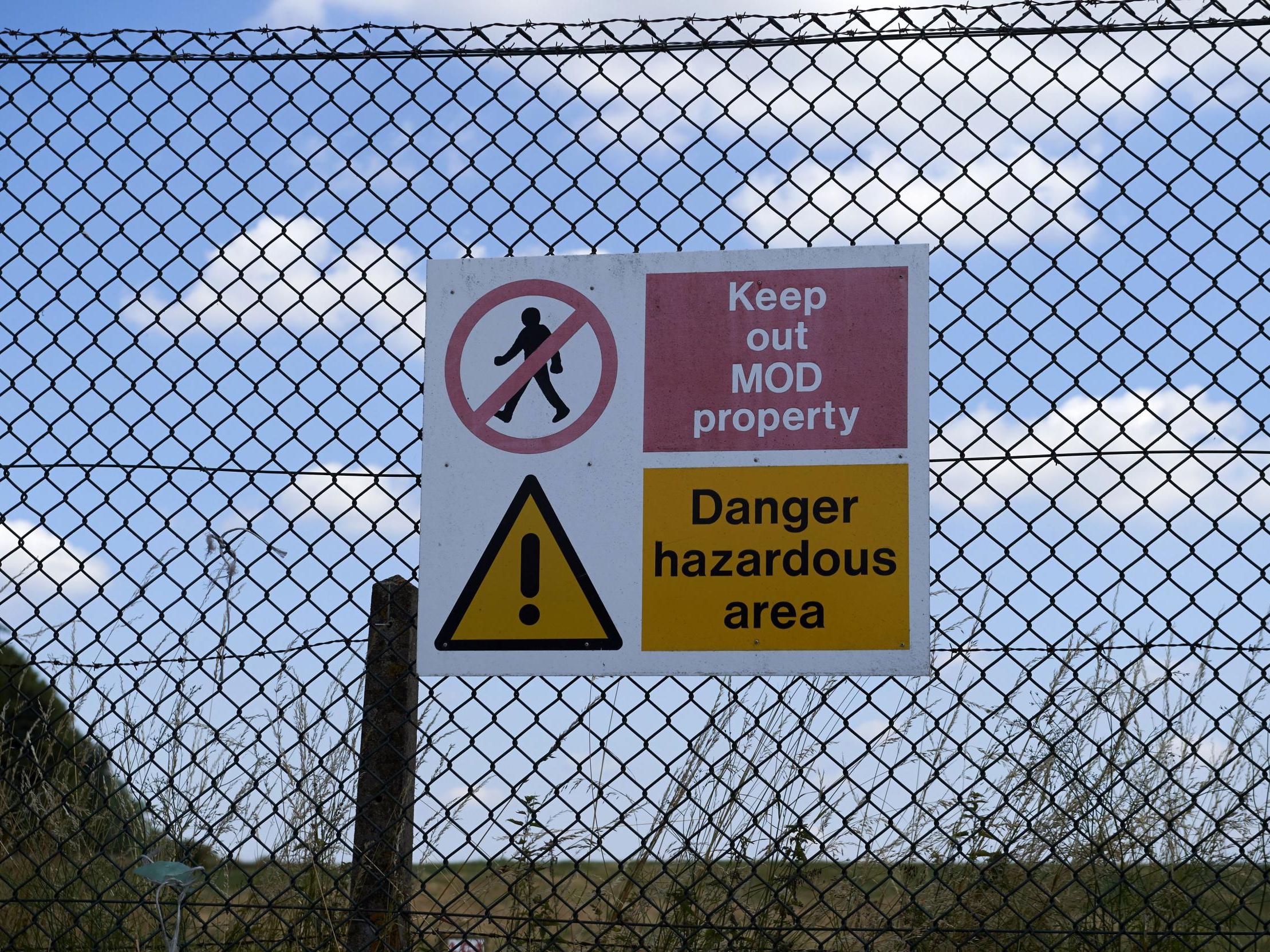Government U-turns on ‘blacklisting’ of speakers critical of Tories from official events
Guidance reviewed after action launched by expert who was disinvited from conference over social media posts

Your support helps us to tell the story
From reproductive rights to climate change to Big Tech, The Independent is on the ground when the story is developing. Whether it's investigating the financials of Elon Musk's pro-Trump PAC or producing our latest documentary, 'The A Word', which shines a light on the American women fighting for reproductive rights, we know how important it is to parse out the facts from the messaging.
At such a critical moment in US history, we need reporters on the ground. Your donation allows us to keep sending journalists to speak to both sides of the story.
The Independent is trusted by Americans across the entire political spectrum. And unlike many other quality news outlets, we choose not to lock Americans out of our reporting and analysis with paywalls. We believe quality journalism should be available to everyone, paid for by those who can afford it.
Your support makes all the difference.The government has scrapped rules banning expert speakers who are critical of Tory policies from its official events.
The U-turn was sparked by a legal challenge from chemical weapons expert Dan Kaszeta who was barred from a Ministry of Defence-run event over earlier social media posts criticising government policy, prompting outrage over the alleged “blacklisting” of academics.
In a letter to his legal team, the government now says it has withdrawn two sets of guidance on its vetting scheme for events dating from 2021 and 2022 pending an official review.
Mr Kaszeta hailed a “substantive victory” but vowed to continue pushing for officials to reveal the full impact of the rules.
“We do not know how many people were affected or how much valuable advice has been denied to government audiences,” he said.
“Clearly, there are people who deserve an apology that is as thorough as the one I received.”
Mr Kaszeta, an author and associate fellow at the Royal United Services Institute, launched the case after his invitation to speak at May’s International Chemical Weapons Demilitarisation Conference was withdrawn weeks before he was due to appear.
He was told he had been disinvited because civil servants found social media posts criticising government policy, meaning that under the withdrawn guidance he could not speak at the event.
The former US Secret Service employee and White House chemical weapons expert is among several specialists and academics barred from government conferences under the vetting scheme.
A letter to Mr Kaszeta’s lawyers from the Government Legal Department (GLD) said 2022 guidance on “learning and events in the Cabinet Office” and 2021 rules on “Due Diligence and Impartiality – Supporting and Protecting Our Diversity Networks” had been withdrawn.
Mr Kaszeta was told he had been disinvited from the conference under both sets of guidance, because checks on his social media had identified material that criticised government officials or policy.

The 2021 document stated that taxpayers’ money should not be used for speakers “linked to abhorrent organisations”, who “promote hate or discriminatory beliefs” or “cause embarrassment to our civil service or our country”. The later guidance was never officially published.
A pre-action letter sent by Mr Kaszeta’s lawyers to the Cabinet Office argued that the guidance and its application was unlawful, “irrational”, and violated requirements under the civil service code not to “unjustifiably favour or discriminate against particular individuals or interests”.
It claimed the policy amounted to direct discrimination on grounds of belief, contrary to the Equality Act, and broke Human Rights Act provisions on the freedoms of thought and expression.
Government lawyers said Cabinet Office minister Jeremy Quinn does not believe the guidance was unlawful, and believed it had been “rightly developed” to protect the impartiality of the civil service.
“Having carefully considered the position, the minister is concerned that the guidance may cause some confusion and be applied inaccurately,” the GLD letter added.
“The minister has therefore decided to withdraw the guidance whilst the review is carried out. The intention is that new guidance will be issued in the autumn.”
Mr Kaszeta is now pushing for disclosure of “due diligence guidance” adopted by either other government departments, including the Home Office, Ministry of Justice and Department for Health.

His legal team said it was concerned that unpublished rules may be causing civil servants to “carry out informal checks on external speakers without any legal basis”.
Leigh Day partner Tessa Gregory added: “The withdrawal of both sets of due diligence guidance by the Cabinet Office is complete vindication for our client who was unlawfully vetted by an arms-length body sponsored by the Ministry of Defence.
“However, we remain concerned that similar unpublished policies are being applied across government, and that there are widespread informal and formal practices emerging of officials vetting individuals for previous criticism of the government.”
A Cabinet Office spokesperson said: “The government is committed to protecting free speech whilst maintaining civil service impartiality. We are reviewing the guidance and have temporarily withdrawn it to prevent any misinterpretation of the rules.”



Join our commenting forum
Join thought-provoking conversations, follow other Independent readers and see their replies
Comments